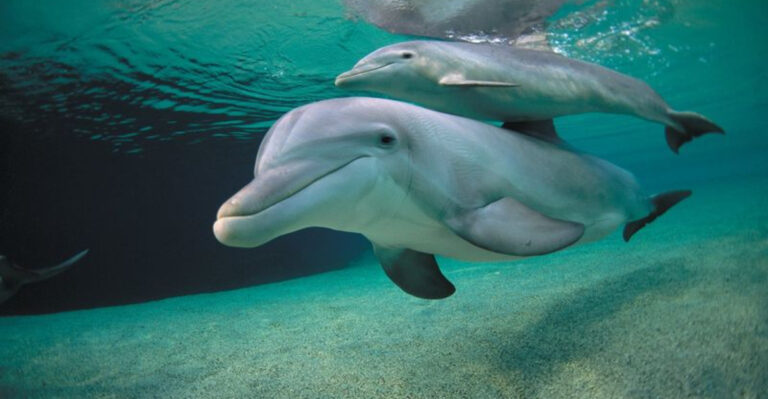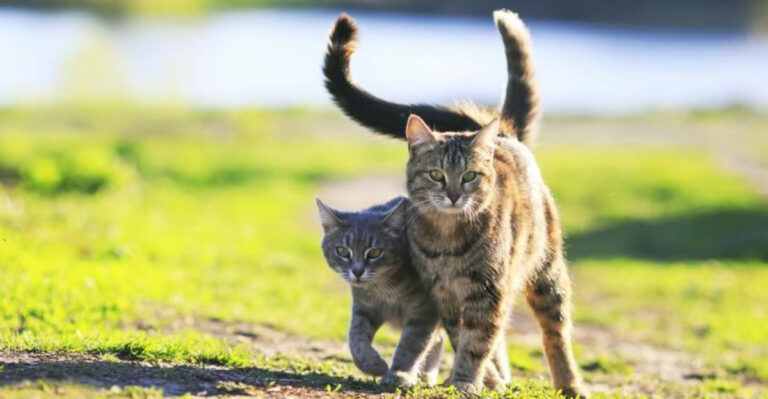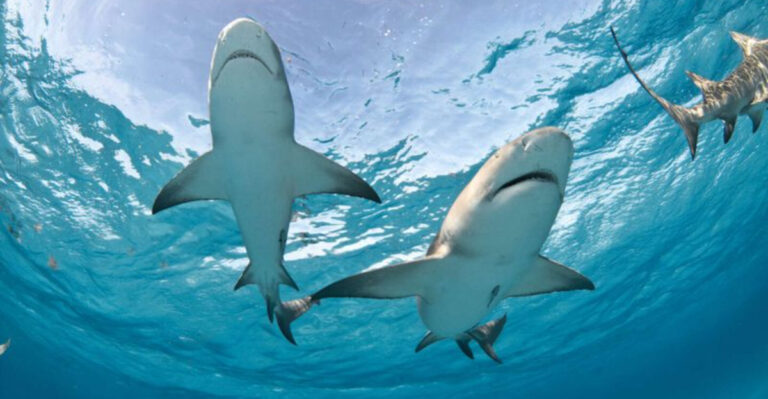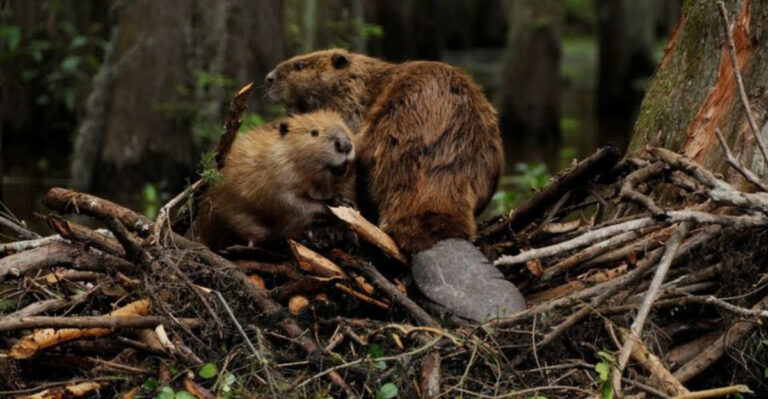Crested Gecko Lifespan: How Long Do They Live?
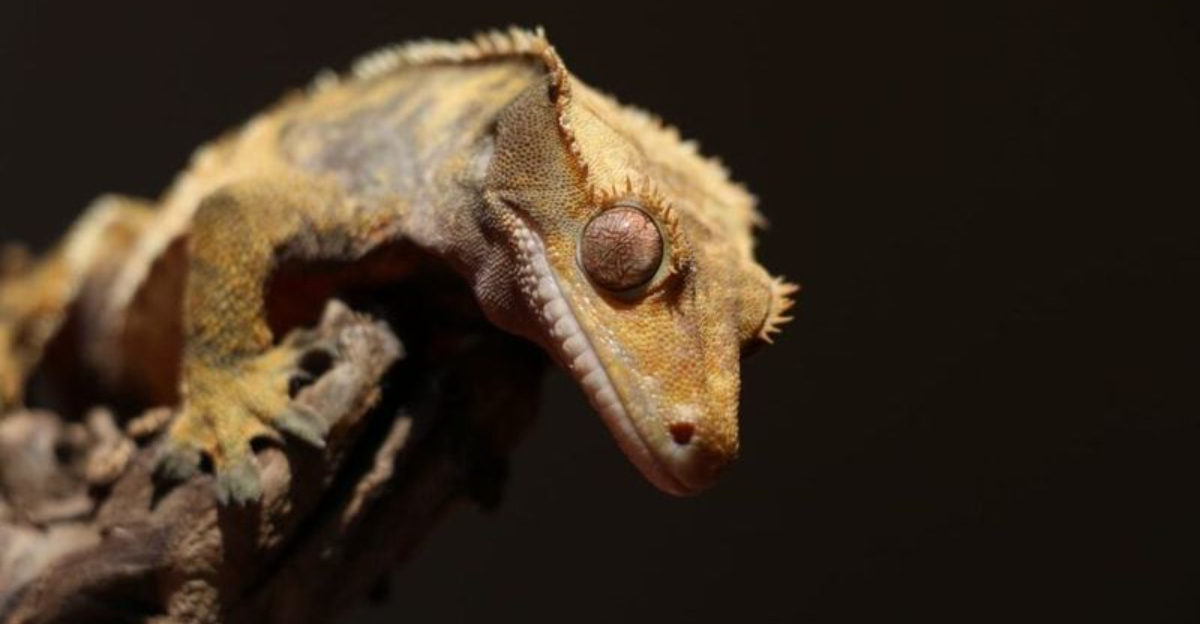
Ever wondered how long your scaly, eyelash-adorned friend might stick around? These fascinating little reptiles from New Caledonia have become incredibly popular pets due to their manageable care requirements and distinctive appearance.
Understanding their lifespan and the factors that influence it can help you provide the best possible care for your crested gecko companion.
1. Average Lifespan In Captivity
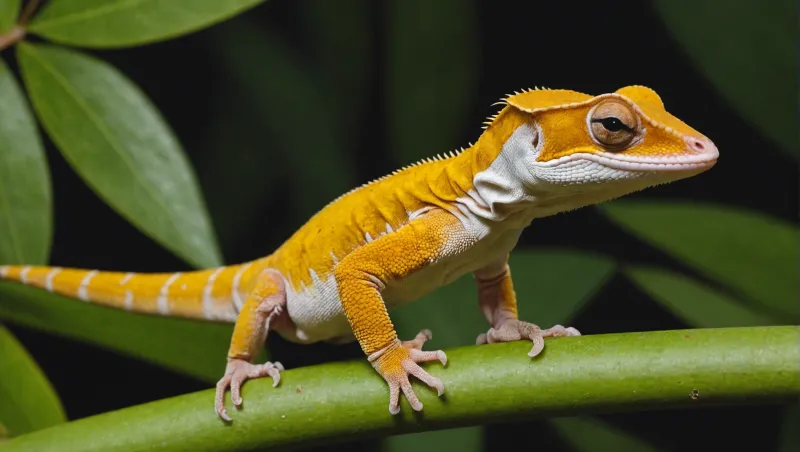
With proper care, these charming reptiles typically live between 15-20 years in captivity. That’s quite a commitment for pet owners!
Many factors influence their longevity, including diet, habitat conditions, and genetics. Some well-cared-for geckos have even been reported to live beyond the 20-year mark.
2. Wild Vs. Captive Lifespans
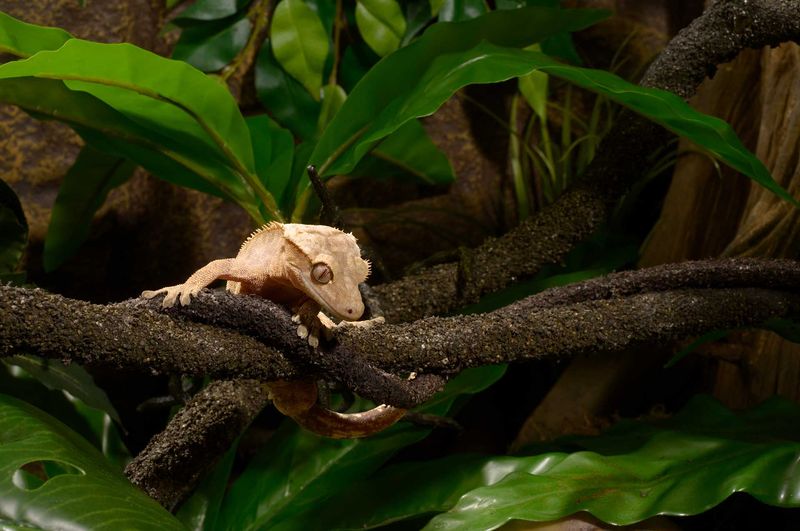
Life in the wild is considerably shorter for these creatures. Wild crested geckos typically live only 5-8 years due to predators, diseases, and environmental challenges.
The controlled environment of captivity eliminates these threats, allowing them to reach their full lifespan potential. This dramatic difference highlights the benefits of proper husbandry.
3. Impact Of Diet On Longevity
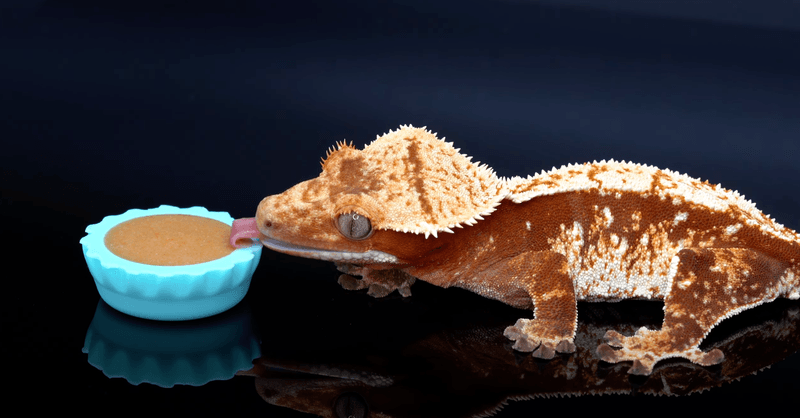
Nutritional balance plays a crucial role in extending your gecko’s years. A varied diet of commercially prepared crested gecko food, supplemented with insects and occasional fruit, promotes optimal health.
Calcium and vitamin D3 deficiencies can lead to metabolic bone disease, significantly shortening lifespan. Regular dusting of feeder insects with supplements prevents these nutritional gaps.
4. Temperature’s Effect On Aging
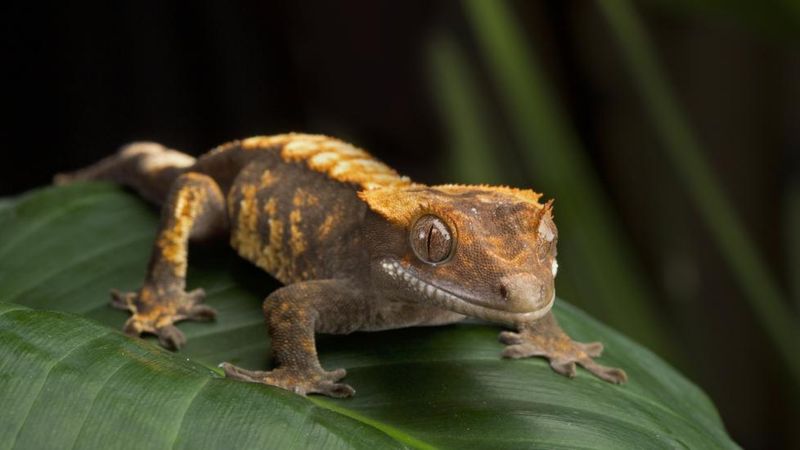
Room temperature is perfect for these reptiles! Crested geckos thrive in temperatures between 72-78°F during the day and slightly cooler at night.
Excessive heat accelerates their metabolism, potentially shortening their lifespan. Unlike many reptiles, they don’t require special heating equipment when kept in typical household temperatures, making them relatively low-maintenance pets.
5. Humidity Requirements For Health
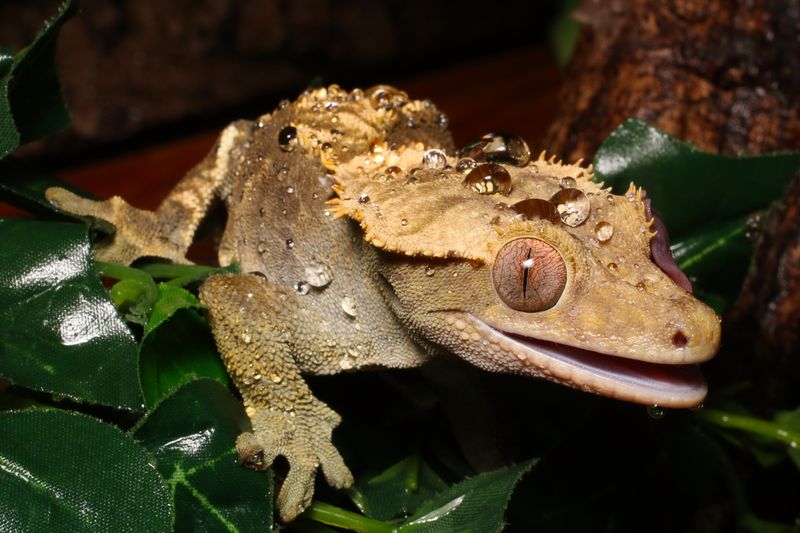
Moisture matters tremendously for these rainforest natives. Maintaining humidity levels between 60-80% prevents respiratory issues and ensures proper shedding.
Too dry conditions lead to stuck shed, particularly on toes and crests, which can cause infection or loss of digits. Daily misting creates the necessary moisture these geckos need for long-term health and vitality.
6. Genetic Factors In Lifespan
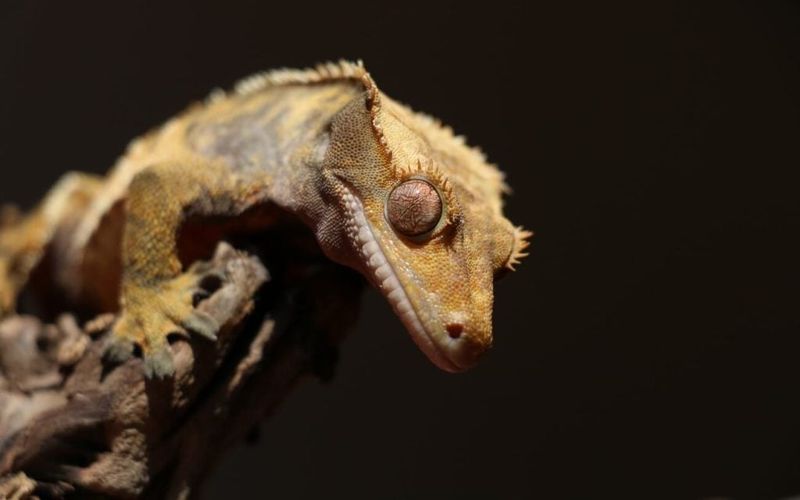
Breeding practices significantly impact how long these reptiles live. Geckos from responsible breeders who select for health rather than just appearance tend to live longer.
Inbreeding depression can shorten lifespans considerably. Certain morphs might be more prone to health issues due to genetic bottlenecking, though more research is needed to fully understand these connections.
7. Stress Reduction For Longer Life
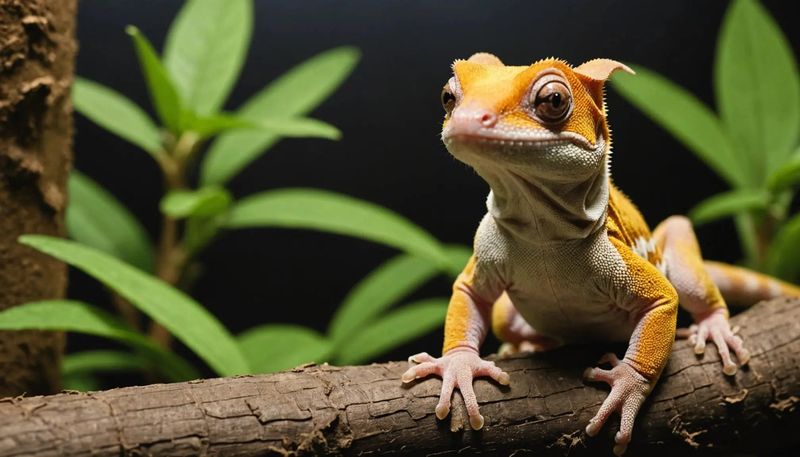
Peace and quiet extend your gecko’s years considerably. Excessive handling, bright lighting, or housing with incompatible tankmates creates stress that weakens their immune system.
Providing adequate hiding spots allows them to retreat when feeling vulnerable. Creating a naturalistic habitat with plants, branches, and leaf litter helps mimic their natural environment, reducing stress and promoting longevity.
8. Gender Differences In Longevity
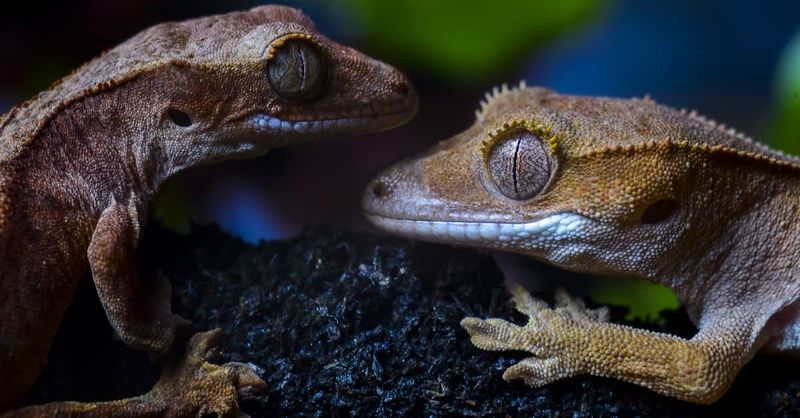
Female crested geckos often outlive their male counterparts by 1-3 years on average. The reproductive strain of egg-laying doesn’t seem to shorten their lives as it might in other species.
Males may experience more stress from territorial behaviors and breeding activities. Females who never breed may avoid certain reproductive health complications, potentially contributing to their longer average lifespan.
9. Veterinary Care Importance
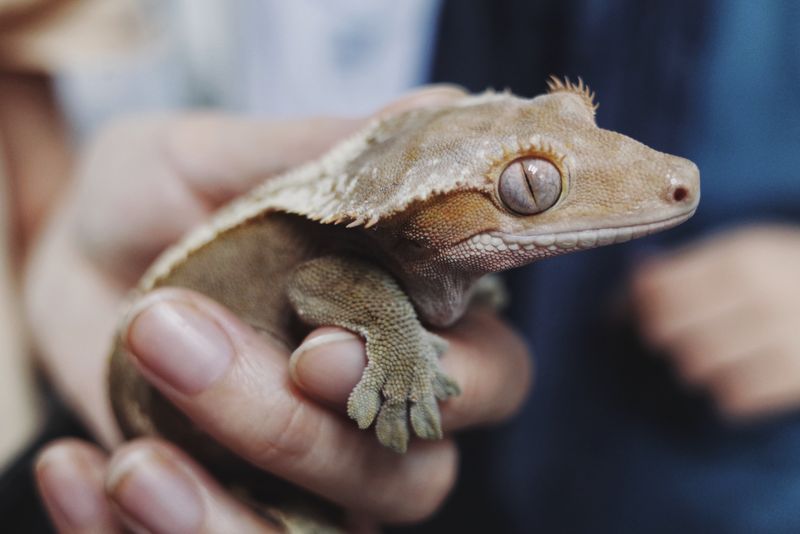
Annual check-ups can add years to your gecko’s life. Finding an exotic pet veterinarian with reptile experience is crucial for proper health monitoring and early problem detection.
Weight loss, lethargy, or abnormal shedding warrant immediate medical attention. Establishing a relationship with a vet before emergencies occur ensures your gecko receives prompt, appropriate care when health issues arise.
10. Tail Loss And Regeneration
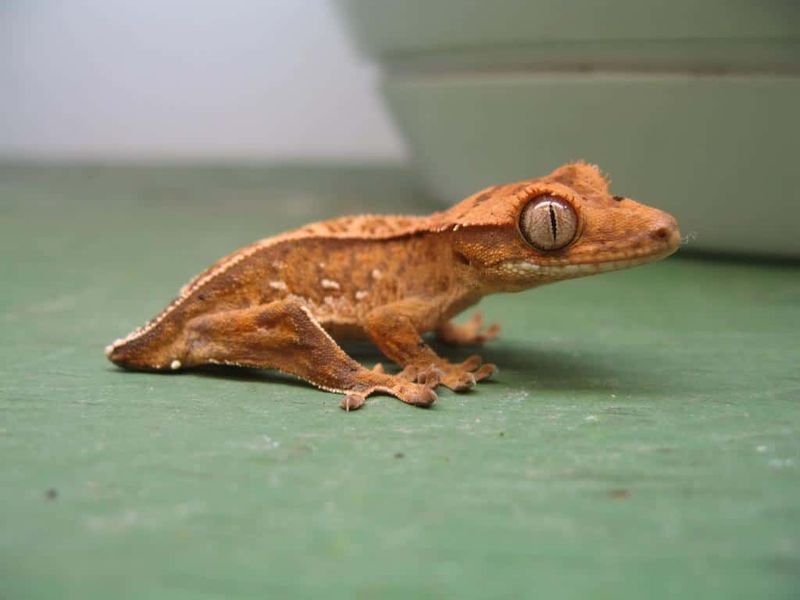
Unlike some lizards, crested geckos never regenerate their tails once dropped. This defense mechanism, called autotomy, helps them escape predators but permanently changes their appearance and balance.
Tailless geckos (often called “frogbutts” by enthusiasts) can live just as long as their tailed counterparts. The tail stores fat reserves, so tailless geckos may need slightly more attentive feeding schedules.
11. Growth Rate And Development
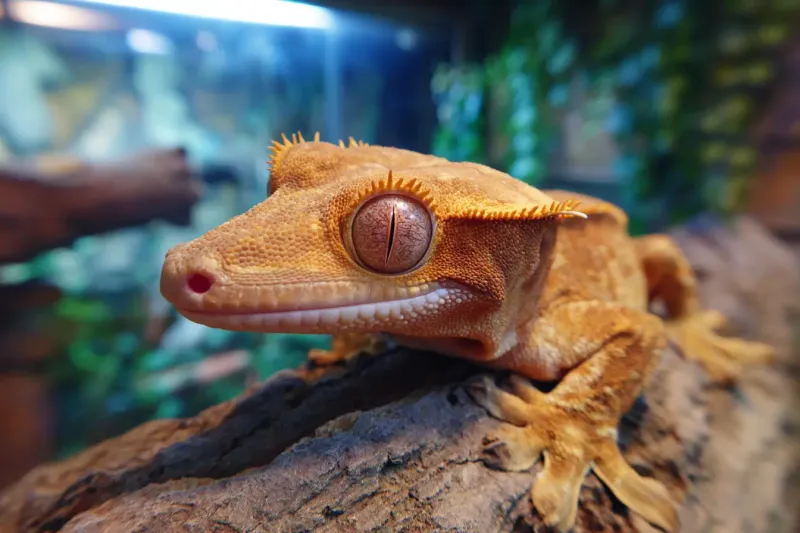
Baby geckos grow rapidly during their first year, reaching about 80% of their adult size. Full maturity typically occurs around 18-24 months of age.
Growth rate doesn’t necessarily predict lifespan, but extremely fast or stunted growth can indicate health issues. Proper nutrition during this critical development period sets the foundation for a long, healthy life.
12. Housing Size And Enrichment
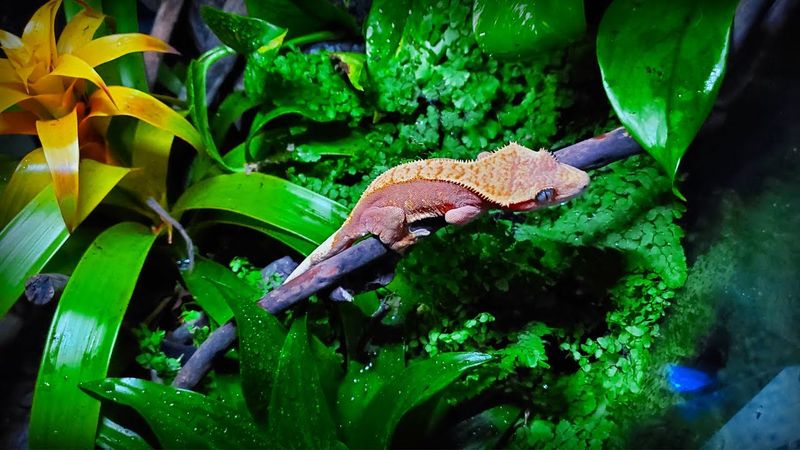
Spacious enclosures promote exercise and natural behaviors. Adult crested geckos thrive in vertically-oriented terrariums of at least 18x18x24 inches, allowing them to climb and explore.
Environmental enrichment through branches, plants, and varying textures prevents boredom and encourages physical activity. Regular habitat changes keep their minds stimulated, contributing to overall wellbeing and potentially extending lifespan.
13. Signs Of Aging In Older Geckos
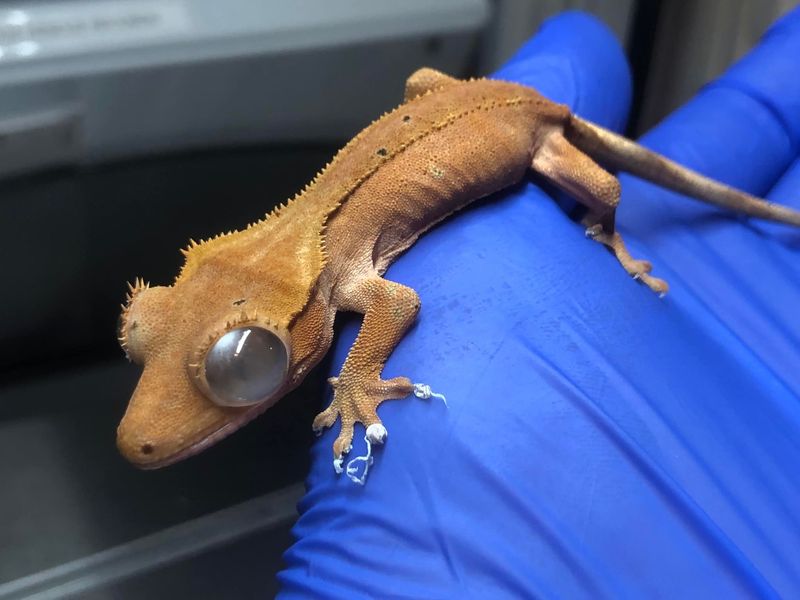
Senior crested geckos may show reduced activity levels and appetite as they enter their golden years. Their metabolism naturally slows, requiring dietary adjustments to prevent obesity.
Older specimens might develop vision issues or arthritis, making climbing more difficult. Modifying their habitat with more accessible platforms and hiding spots at various heights accommodates these age-related changes while maintaining quality of life.
14. Seasonal Changes And Brumation
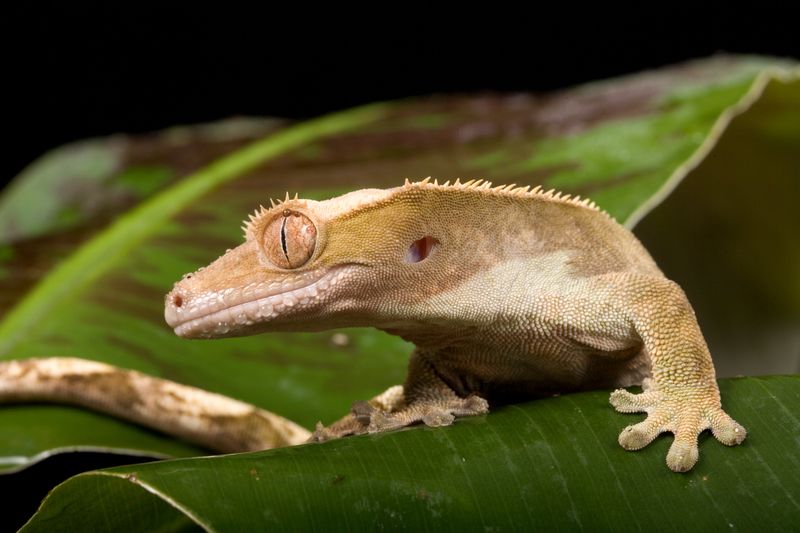
Slight seasonal temperature fluctuations can actually benefit these reptiles’ long-term health. Mimicking natural cycles with subtle temperature drops of 3-5°F during winter months may extend lifespan.
Unlike true hibernation, crested geckos experience a mild brumation period of reduced activity and appetite. This natural slowdown gives their bodies a rest and potentially contributes to their impressive longevity in captivity.
15. Record-Breaking Longevity Cases
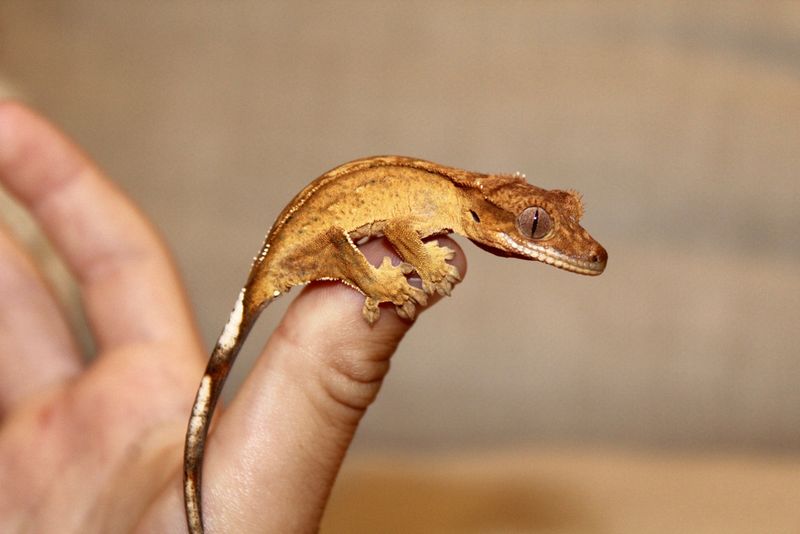
The oldest documented crested gecko reached an impressive 24 years in captivity! These exceptional cases typically involve consistent care from knowledgeable keepers who maintain optimal conditions.
Original wild-caught specimens from the 1990s, when the species was rediscovered, have provided valuable longevity data. As husbandry knowledge improves, we may see even longer lifespans in well-cared-for captive individuals.


